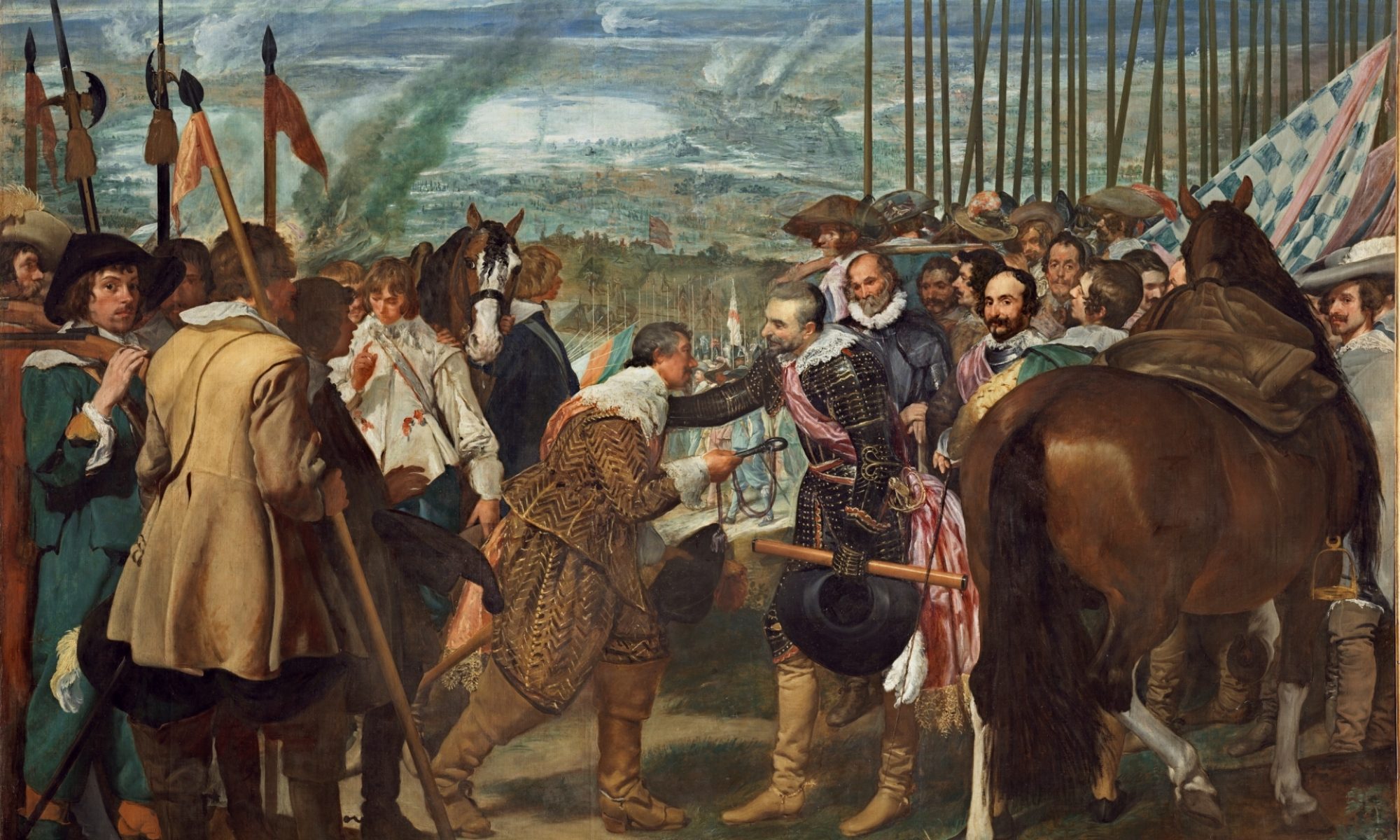In London, Benjamin Franklin could see trouble coming:
“It was thought at the beginning of the session that the American Duty on tea would be taken off. But now the scheme is, to take off as much tax here as will make Tea Cheaper in America than foreigners can supply us; and continue the duty there to keep up the exercise of the right. They have no idea that any people can act from any principle but that of interest; and they believe that 3d. In a pound of tea, of which one does not drink perhaps 10lb in a year is sufficient to overcome the patriotism of America!”
The East India Company had so far in its history survived storms, the Mughal emperors and hostile foreign companies. Further it had as yet survived a scale of corruption and self interest in its officials unheard of in the more than usually self serving world of 18th century commerce. Yet such recklessness could not continue for ever. Clive had returned with such a pile of loot (£234,000) that it offended the good taste of the old and often debt ridden aristocracy. Rapine was the word used by the Whigs and the King longed, for whatever reason be it administrative or monastery, to be able to clamp down on the running of the EIC. Their charter was indeed up for renewal.
In 1770 a massive drought hit Bengal plummeting the region into a state of famine. The monsoon had failed & the resultant hardship reduced the population of the state by almost a quarter. People were apparently selling their children, eating leaves, livestock & indeed each other to survive. The East India Company was blamed for hoarding resources. And indeed even though there is no proof of a deliberate plan of extermination they exacerbated the crisis by doing virtually nothing to aid Bengal’s plight. They were too busy looking at their account books with a concerned eye…
To read more, follow the link to Britannia Magazine Facebook Page.
Josh.

